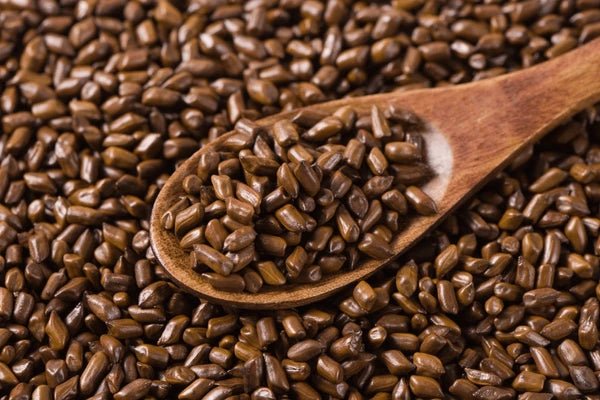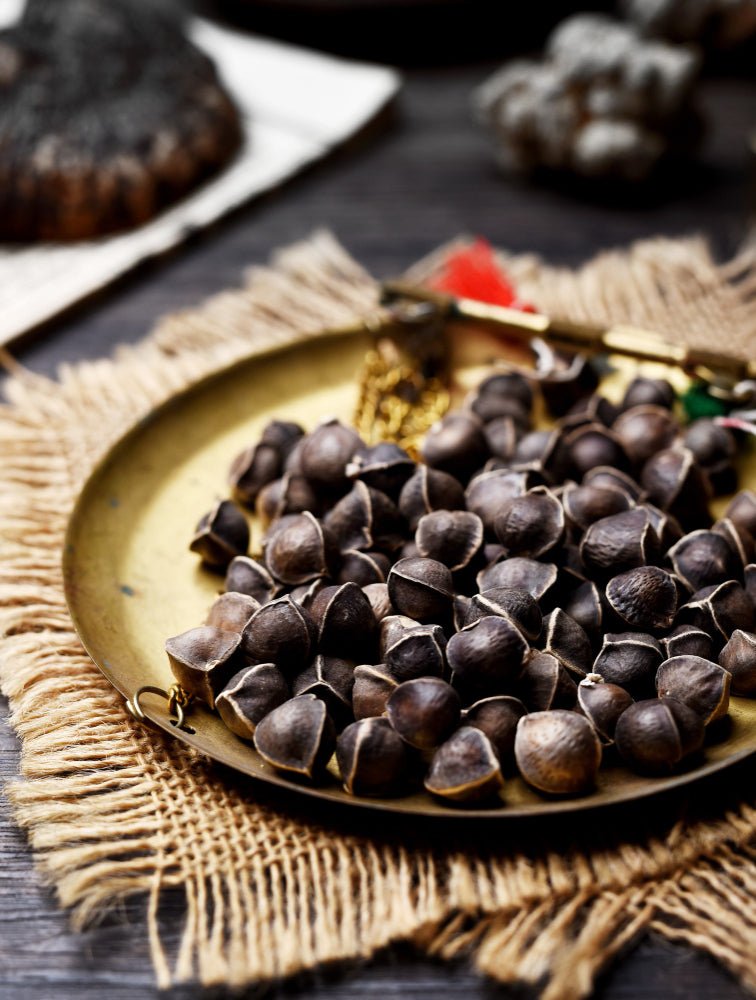The harmful effects of alcohol on weight loss

Alcohol is often seen as a way to relax and have fun, but it can have negative consequences for our health, especially when it comes to weight loss. In this article, we'll explore the harmful effects of alcohol on weight loss and give you tips for achieving your goals in a healthy way.
The impact of alcohol on metabolism
Alcohol is a macronutrient that provides energy in the form of calories. However, unlike proteins, carbohydrates, and fats, alcohol is not essential to our bodies and does not contribute to our health. On the contrary, it can have detrimental effects on our metabolism.
When we consume alcohol, our body prioritizes it and metabolizes it first, at the expense of other nutrients. This means that the fats and carbohydrates we consume at the same time will be stored rather than burned. This phenomenon, known as the "fat-sparing effect," can lead to weight gain in the long term.
Furthermore, alcohol has a direct impact on the secretion of hormones involved in weight regulation, such as leptin and insulin. This can disrupt hormonal balance and make weight loss more difficult.
The effects of alcohol on appetite and food choices
Besides its metabolic impact, alcohol can also influence our food choices and appetite. When we drink, we tend to have less control over our cravings and consume more food, often high in fat and sugar.
Alcohol also affects our brain's reward system, stimulating our desire to eat high-calorie foods. This can lead us to snack excessively, even when we're not truly hungry.
Furthermore, alcohol can disrupt our sleep and recovery, which can negatively impact our hormonal balance and our ability to lose weight.
Tips for losing weight while consuming alcohol
Although alcohol consumption can complicate weight loss, it is possible to find a balance. Here are some tips to help you achieve this:
Limit alcohol consumption
The first step is to reduce your alcohol consumption as much as possible. Try to set reasonable limits, such as one or two drinks per week, and stick to them.
Choose low-calorie drinks
When you drink, opt for low-calorie beverages, such as dry white wine, light beer, or cocktails made with spirits and sparkling water.
Eat before you drink
Before consuming alcohol, make sure you have eaten a balanced meal. This will help slow down the absorption of alcohol and limit its effects on your appetite.
Stay hydrated
Drink plenty of water before, during, and after consuming alcohol. This will help you rehydrate and limit the harmful effects of alcohol on your body.
Exercise regularly
Engaging in regular physical activity, such as walking, running, or yoga, can help you burn off the extra calories from alcohol.
By following these tips, you can enjoy social gatherings over drinks while still achieving your weight loss goals. Don't hesitate to consult a healthcare professional if you have any questions or experience any particular difficulties.
Conclusion
Alcohol can negatively impact our ability to lose weight due to its effects on metabolism, appetite, and food choices. However, it is possible to find a balance by limiting consumption, choosing low-calorie beverages, and maintaining regular physical activity.
By adopting these good practices, you can enjoy relaxing and social moments over a drink while preserving your health and weight loss goals. Don't hesitate to consult a healthcare professional if you need personalized guidance.






